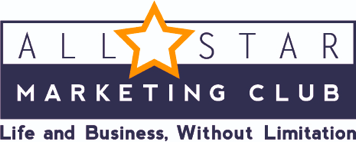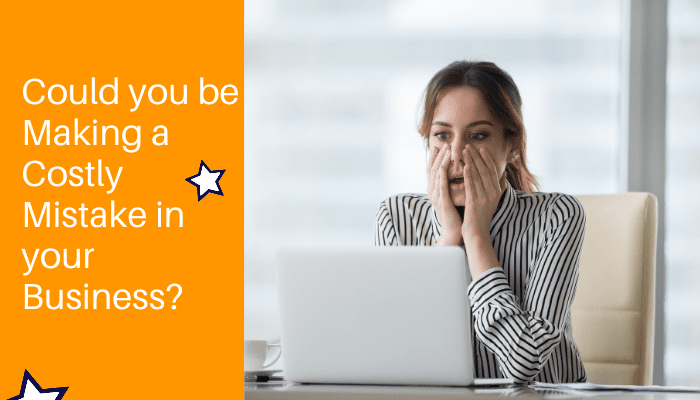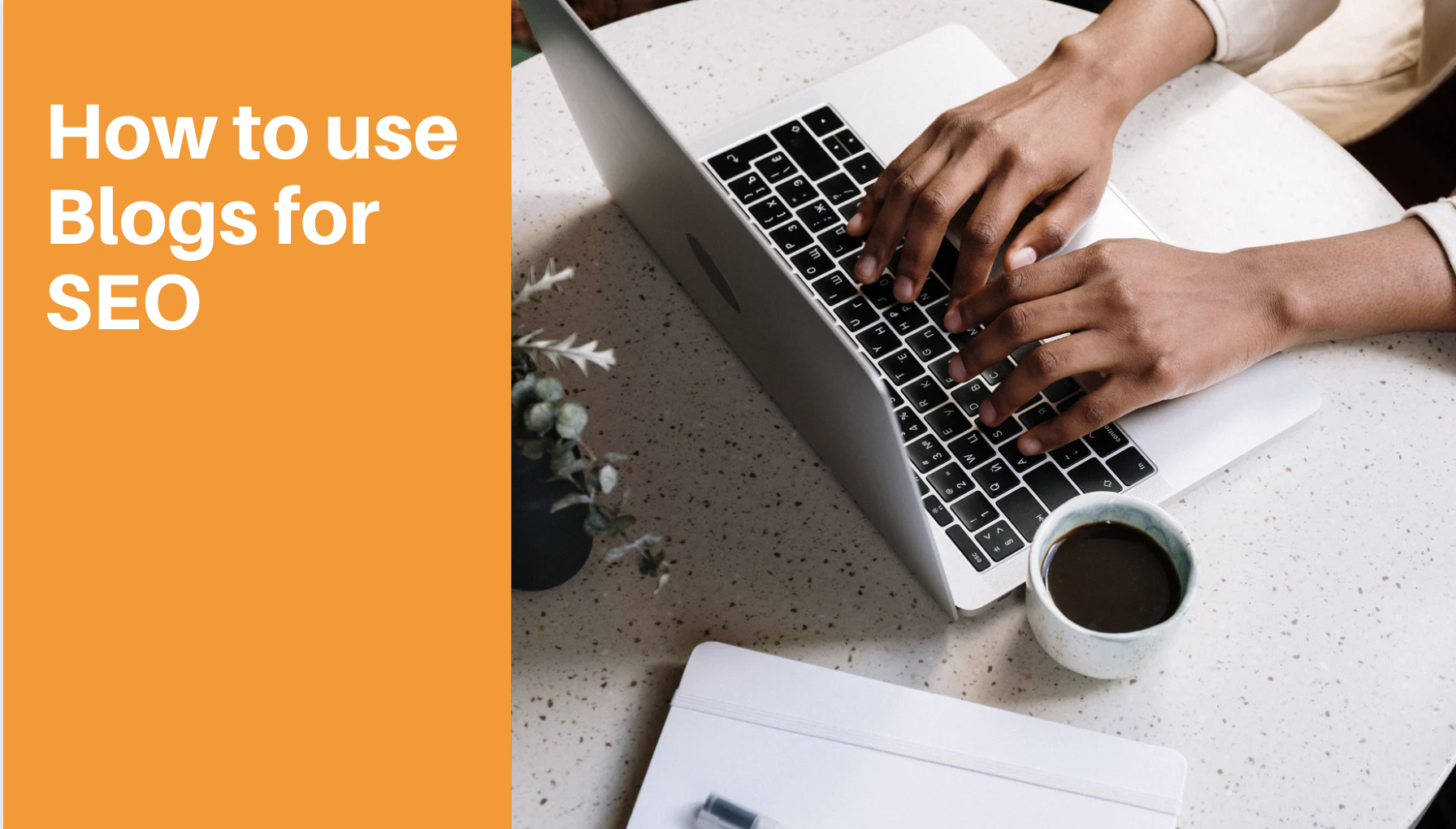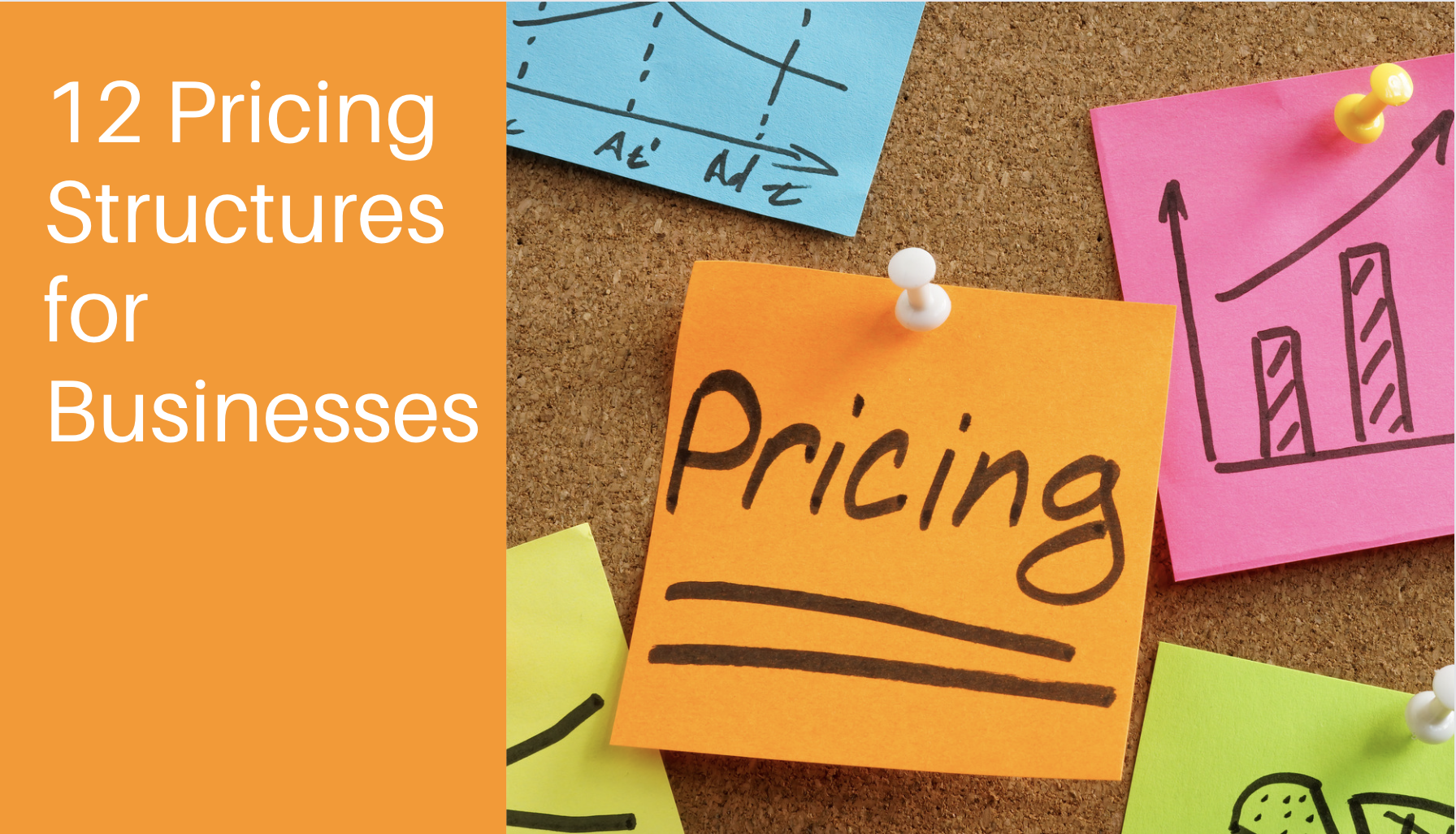If you’ve ever managed to get your press release printed in a newspaper or magazine and shared that on social media, by email or any other channel, then you could be in danger of copyright infringement.
This article explores what copyright infringement actually is and tells you how to avoid putting you and your small business at risk of hefty fines, negative publicity and in the most serious of cases, imprisonment.
It’s a conversation that cropped up recently with a client of mine and thank goodness it did. In recent years my wonderful client has received a variety of much-deserved press coverage, some of which has come from well-known media titles. Naturally as you would expect, she is keen to share these mentions across her own marketing channels (social media, email, website and such), and why not right? Well, in theory when it comes to marketing this is exactly what she should be doing, but in reality, it’s not as straight forward as photographing a newspaper or magazine article and proudly sharing it far and wide. The reason? Copyright
Copyright is a term that I’m sure you will have heard of, but do you really know what it means for you and your business? You see, so many business owners are putting themselves at risk of copyright infringement, without even realising it, so I thought I’d shed a little light on the subject for you. Simply put, copyright law prevents you from copying and sharing someone else’s content without seeking their permission first. By content I mean things like music, sound recordings, broadcasts, books, films, poems and the layout/appearance of published editions (i.e magazine and newspaper articles/features).
What is copyright infringement?
This is when a person carries out any of the following on work that has been copyright-protected, without seeking permission and approval from the copyright owner:
- Copying it
- Distributing copies to the public
- Renting, loaning, performing, showing or communicating it to the public.
There’s secondary copyright infringement too, which basically means, being involved in copyright infringement activity or facilitating copyright infringement.
What are the penalties for copyright infringement?
Usually it will mean the infringer is subject to some financial penalty and will be required to remove and/or return any offending articles. Not to mention it could lead to negative publicity. In the worst cases it may be classed a criminal offence incurring fines or even imprisonment.
How can you avoid copyright infringement?
You could seek out permission and authorisation from the copyright owner, each and every time you wish to share content. (In my experience, if they are represented by the CLA or NLA (see below), or other body, then they will advise you to contact them to obtain a licence). The easiest way is to obtain an appropriate licence. The correct licence will give you the right to reproduce or copy the material. There are two copyright representative organisations in the UK who provide copyright licences, which I recommend you start with first, they are: The Copyright Licensing Agency (CLA) and the Newspaper Licensing Agency (NLA).
Each of these organisations represents a variety of different media, ranging from national newspapers and magazines, to local press. It’s worth checking out their websites to see exactly who they represent (click the relevant link below) to determine if you need a licence.
Copyright Licence Agency (CLA)
Do bear in mind that if you are copying and sharing information, or plan to copy and share information from UK media and publications, then you are likely to need a licence.
How much does a licence cost?
Copyright Licence costs vary and are usually calculated on the basis of the number of employees you have and also what sort of licence you need. For example a licence with the CLA if you have 0-10 employees will cost £142 + VAT per year (in July 2020) Something to note is that if you do purchase a licence, it doesn’t necessarily mean you are able to share endless amounts of content. There may be limits to how much content you can share under your licence.
Should you get a licence, just in case?
If you plan on pushing your PR activity and anticipate featuring regularly in the media, then I would say it’s worth the investment. Similarly, if you expect to be featured in the press just once or twice and you believe the exposure is going to be great for your business, then again, you should explore getting a licence. Either way, the decision remains firmly with you, but do make sure you understand exactly when you will need one.
As a parting note, if you are in doubt do not share media content that you do not own, unless you are 100% sure you have the correct permission, or you have an appropriate licence.











